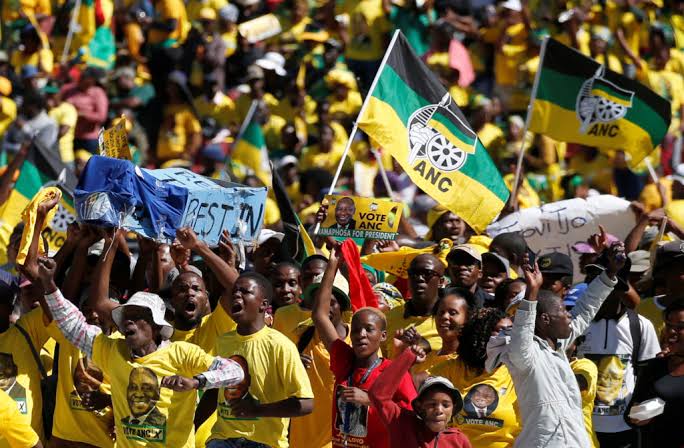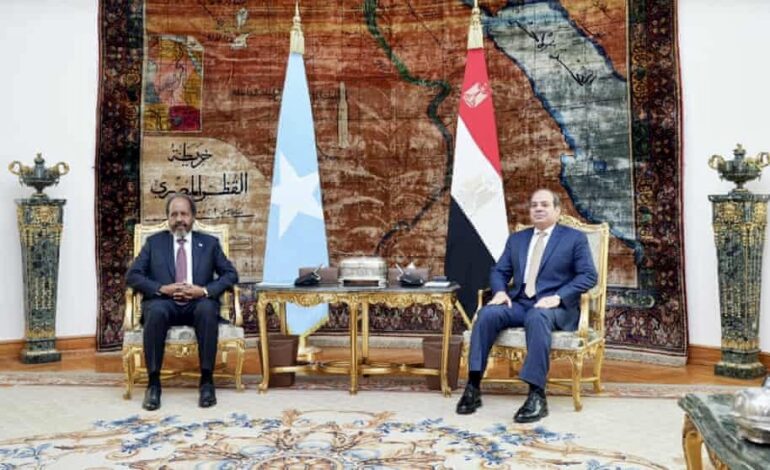
Faith Nyasuguta
From South Africa to Algeria, a significant number of African nations are set to undergo the democratic process this year, electing new governments in a region that includes Mali, Chad, and Burkina Faso—provided their junta leaders uphold their commitment.
These credible elections and a move towards improved governance are crucial for some of the world’s poorest and youngest nations in order to reduce conflict, stimulate economic growth, and enhance employment prospects. The Institute of Labor Economics estimates that Sub-Saharan Africa needs to add 1.5 million jobs per month.
Presently, Sub-Saharan Africa holds the dubious distinction of being the region with the highest annual number of terrorist attacks globally, according to the Armed Conflict Survey by the International Institute for Strategic Studies.
Consider Burkina Faso, which endured two coups in 2022. The number of casualties due to militant Islamist violence has nearly tripled compared to the 18 months before the initial coup, as per data from the Africa Center.
Drawing inspiration from its neighbor, Mauritania, which is also set to hold elections in 2024, Burkina Faso’s junta could explore conflict resolution strategies. Mauritania initiated talks with militants in 2009 to reintegrate them into society, ultimately curbing extremism.
Furthermore, a third of African countries are scheduled to hold national elections in 2024, offering a chance to enhance governance, attract investments, and address the challenge of unemployment.
Burkina Faso currently struggles with foreign direct investment, constituting only 0.2% of its gross domestic product. According to Afrobarometer, 52% of its youths are seeking job opportunities. Similar situations exist in Mozambique and South Africa, where 55% and 47% of their working-age populations are in pursuit of employment.

Inadequate leadership remains a significant challenge for Africa, hosting 12 of the 20 most corrupt governments globally.
Ruchir Sharma, founder of Breakout Capital Partners, highlighted this issue, stating, “In Asia, strongman rulers guided the region’s postwar rise to prosperity. In Africa, the strongmen tend only to perpetuate themselves.”
The 19 elections across the continent in 2024 present an opportunity to choose governments that can break the cycle of violence and uplift nations—home to more than 300 million people—out of the economic challenges they face.
RELATED:




